New Jersey Business Tax Liens: Prevention and Resolution
New Jersey Business Tax Liens: Prevention and Resolution Options
Tax liens can place a significant burden on businesses in New Jersey, affecting financial stability, creditworthiness, and daily operations. When a company fails to meet its tax obligations, the state may impose a lien, securing its claim against business assets. While tax liens present serious concerns, proactive steps can help prevent them, and businesses facing liens still have several resolution options.
Common Causes of Business Tax Liens
New Jersey business tax liens often result from unpaid payroll taxes, sales taxes, or corporate income taxes. Missed tax deadlines, inaccurate filings, or financial hardship can trigger a lien. Once the state files a public notice of the lien, it can impact a company’s ability to secure loans or conduct business transactions. Identifying the reasons behind the lien is the first step in determining how to prevent or address the issue effectively.
Preventing a Tax Lien on Your Business
Staying compliant with tax obligations is the best way to avoid a tax lien. Businesses should maintain accurate financial records, file tax returns on time, and make timely payments. Setting up a structured payment plan with the New Jersey Division of Taxation can help businesses that are struggling to meet their obligations. Regularly reviewing tax accounts and seeking professional tax assistance when necessary can also help prevent tax-related issues from escalating.
Options for Resolving an Existing Tax Lien
When a tax lien has already been issued, business owners have several options to remove it. Paying the outstanding tax debt in full is the quickest way to release the lien. If full payment is not feasible, negotiating a payment plan or an Offer in Compromise with the state may be possible. In some cases, businesses may qualify for lien subordination, allowing them to secure financing even with a lien in place. Understanding the available options can help business owners take the right steps toward resolution.
Consequences of Ignoring a Tax Lien
Ignoring a business tax lien can lead to severe consequences, including asset seizures, bank account levies, and further legal action. A lien also damages business credit, making it difficult to obtain loans or work with vendors. The longer a tax debt remains unresolved, the greater the financial and operational risks. Business owners should take immediate action to address tax liens to avoid long-term complications.
New Jersey business tax liens can have lasting effects on a company’s financial health and operations. Prevention through proper tax management is the best approach, but if a lien is already in place, resolving it quickly can prevent further complications. Business owners should explore payment options, settlements, and other solutions to clear tax debts and protect their business from future financial challenges.











